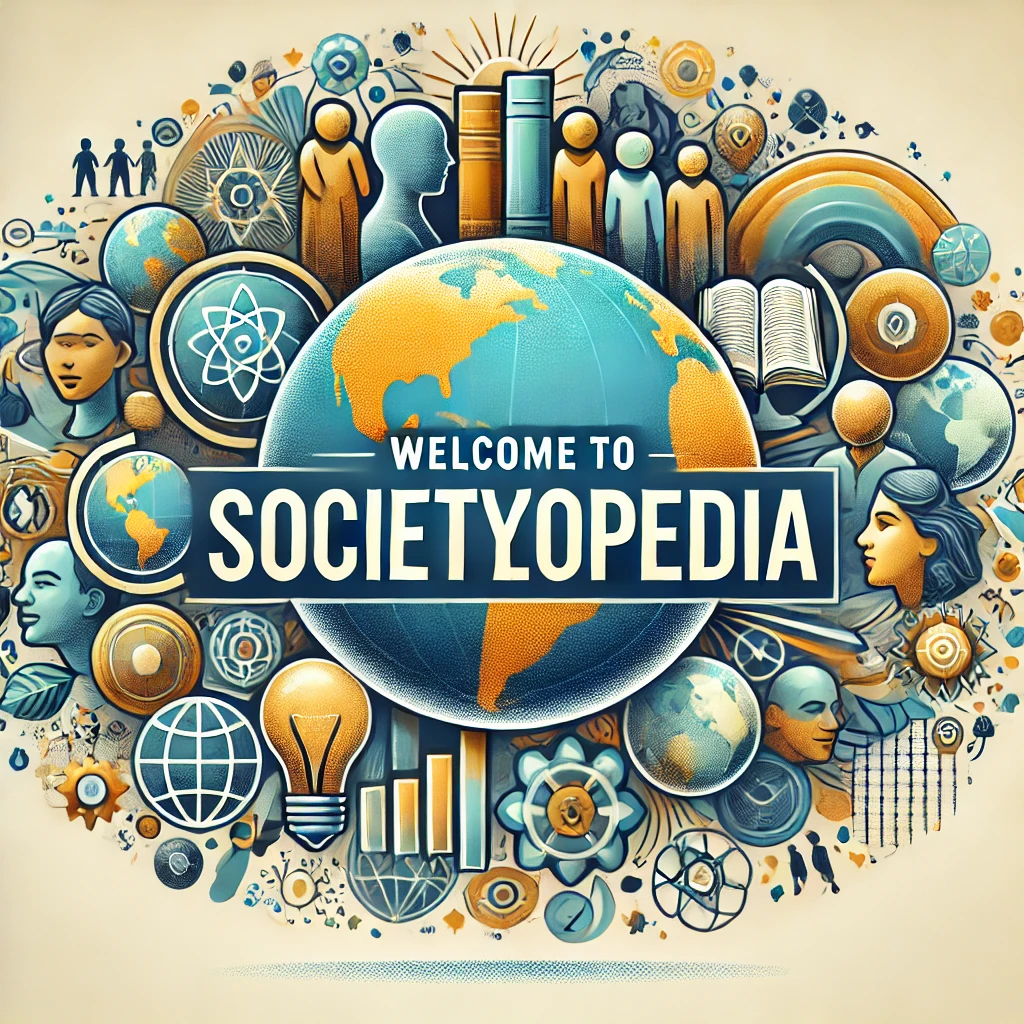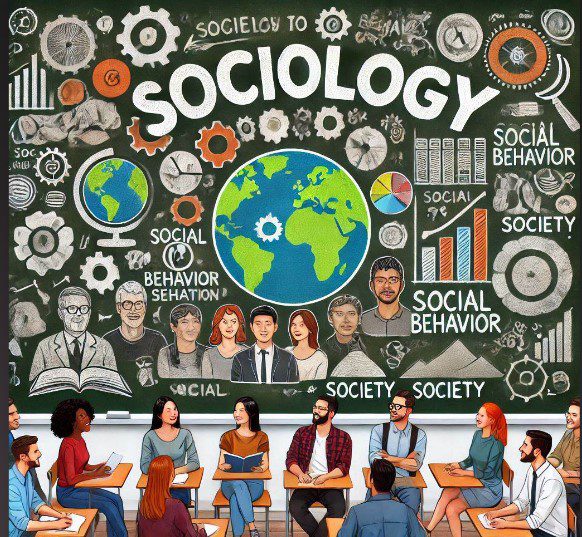Sociology, the scientific study of society and human behavior, is pivotal in understanding the complexities of human interactions, societal structures, and cultural norms. This article explores the importance of sociology, its applications, and its role in addressing contemporary challenges.
What is Sociology?
Sociology is the systematic study of society, examining patterns of social relationships, cultural norms, and collective behavior. Emerging in the 19th century, sociology sought to understand societal changes brought about by industrialization and modernization.
Key Thinkers in Sociology:
- Auguste Comte: Known as the “Father of Sociology.”
- Emile Durkheim: Pioneered studies on social cohesion and deviance.
- Max Weber: Analyzed the relationship between culture and economy.
- Karl Marx: Focused on class struggles and societal inequalities.
Significance of Sociology in Modern Society
Sociology provides a lens through which we can understand and interpret the social world. It helps uncover the hidden mechanisms that influence behavior, societal norms, and cultural practices.
Sociology and Human Behavior
Sociology delves into how individuals interact within groups and how societal influences shape behavior. For instance:
- Family structures influence emotional and social development.
- Peer groups impact attitudes and choices.
- Societal norms dictate acceptable behaviors.
Practical Applications of Sociology
Sociology finds applications in numerous fields, including:
- Policy-Making: Understanding societal needs and crafting inclusive policies.
- Education: Addressing issues like dropout rates and education inequality.
- Healthcare: Studying disparities in health access and outcomes.
Sociology in Addressing Social Problems
Through its analytical approach, sociology plays a vital role in addressing issues like:
- Poverty and Inequality: Identifying systemic causes and solutions.
- Discrimination: Understanding and mitigating prejudice.
- Crime and Deviance: Examining societal factors that contribute to criminal behavior.
Sociology’s Role in Social Change
Sociology is a powerful tool for driving social change. By studying inequalities, social movements, and reform efforts, sociologists contribute to creating equitable societies.
Examples of Social Change Influenced by Sociology:
- Civil rights movements.
- Women’s suffrage.
- LGBTQ+ advocacy.
The Relationship Between Sociology and Other Disciplines
Sociology intersects with multiple disciplines, offering unique perspectives:
- Psychology: Understanding individual behavior in social contexts.
- Economics: Analyzing societal impacts on economic structures.
- Political Science: Studying the relationship between politics and society.
Sociology and Technology
In the digital age, sociology examines:
- Social Media: Its impact on communication and relationships.
- Digital Communities: How they foster connection and influence culture.
- The Digital Divide: Addressing disparities in technological access.
Benefits of Studying Sociology
Studying sociology enhances analytical thinking, cultural sensitivity, and problem-solving skills. It prepares individuals for careers in diverse fields, including:
- Academia: Conducting sociological research.
- Social Work: Addressing community needs.
- Media: Shaping public understanding of societal issues.
Future of Sociology
The future of sociology lies in addressing emerging challenges:
- AI and Big Data: Using technology to study societal trends.
- Globalization: Understanding its cultural and economic impacts.
- Climate Change: Studying its societal implications.
Frequently Asked Questions (FAQs)
1. What is the main purpose of sociology?
Sociology aims to study human behavior and societal structures to understand and address social phenomena.
2. How does sociology contribute to social change?
By analyzing societal issues, sociology provides insights and frameworks for creating equitable policies and driving reform.
3. What are the practical applications of sociology?
Sociology is applied in fields like education, healthcare, policy-making, and organizational management.
4. How does sociology help in understanding cultural differences?
Sociology studies cultural practices and norms, fostering empathy and reducing biases.
5. Is sociology relevant in the digital age?
Yes, sociology examines the societal impacts of digital transformation, including social media and technological disparities.
6. What career options are available for sociology graduates?
Career paths include roles in academia, social work, public policy, media, and corporate sectors.
Societyopedia is trying to provide better understanding of our society!


